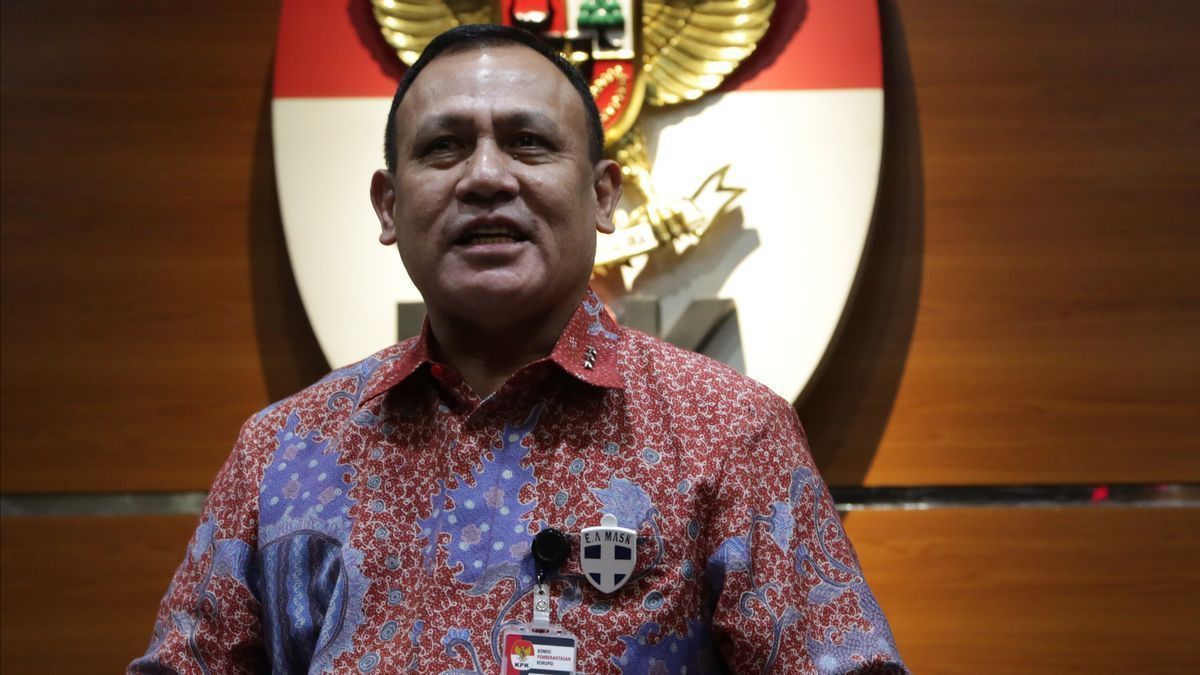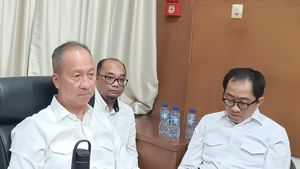JAKARTA - Chairman of the Corruption Eradication Commission (KPK) Firli Bahuri said that his party had received many complaints regarding the provision of the Presidential Assistance for Productive Micro Enterprises (BPUM) for MSME actors.
Firli said, many MSME actors complained that they did not receive social assistance from the BPUM program. In fact, they are included in the criteria for recipients of assistance.
Firli said that this complaint was obtained from the JAGA.id complaint channel created by the KPK. In total, there have been 763 reports from 2020 to July 2021.
"The majority of complaints are about complaints that are not listed in BPUM recipients even though they are based on criteria that meet the requirements," said Firli in his statement, Saturday, July 24.
In addition, the KPK also received complaints that the data on BPUM recipients was inaccurate. In a sense, the MSME concerned has received information that it will receive BPUM. However, the bank account disbursed was different from the one they had so they did not receive assistance.
Then, Firli considers that the socialization of the provision of BPUM is still not optimal. "Information about BPUM in general, criteria, procedures, and so on. This illustrates that the socialization of this program still needs to be improved," he said.
Therefore, Firli said that the KPK provided a number of inputs to the government regarding the distribution of BPUM. The recommendations are as follows:
1. The provision of assistance must consider the aspect of equity. This means that assistance is given not only to areas that are active and capable of sending data on potential beneficiaries. The Ministry of Cooperatives and SMEs needs to actively approach areas that are heavily affected by this pandemic, for example areas that are classified as poor. However, the local Cooperatives Office does not actively process the registration of potential beneficiaries. So, it seems that BPUM is only for recipients in Java, even though the data from local governments are mostly from local governments in Java.
2. Data on current beneficiaries must be adjusted to the field findings of BPKP and BPK regarding the inadequacy of recipients and inaccuracy of assistance in previous programs.
3. All prospective recipients must include data on the population identification number (NIK) in order to facilitate the eligibility testing of recipients with other databases. For example, testing with ASN data at BKN that is already based on NIK. Likewise, testing with data on recipients of Pre-Employment assistance programs and other assistance programs.
The English, Chinese, Japanese, Arabic, and French versions are automatically generated by the AI. So there may still be inaccuracies in translating, please always see Indonesian as our main language. (system supported by DigitalSiber.id)













